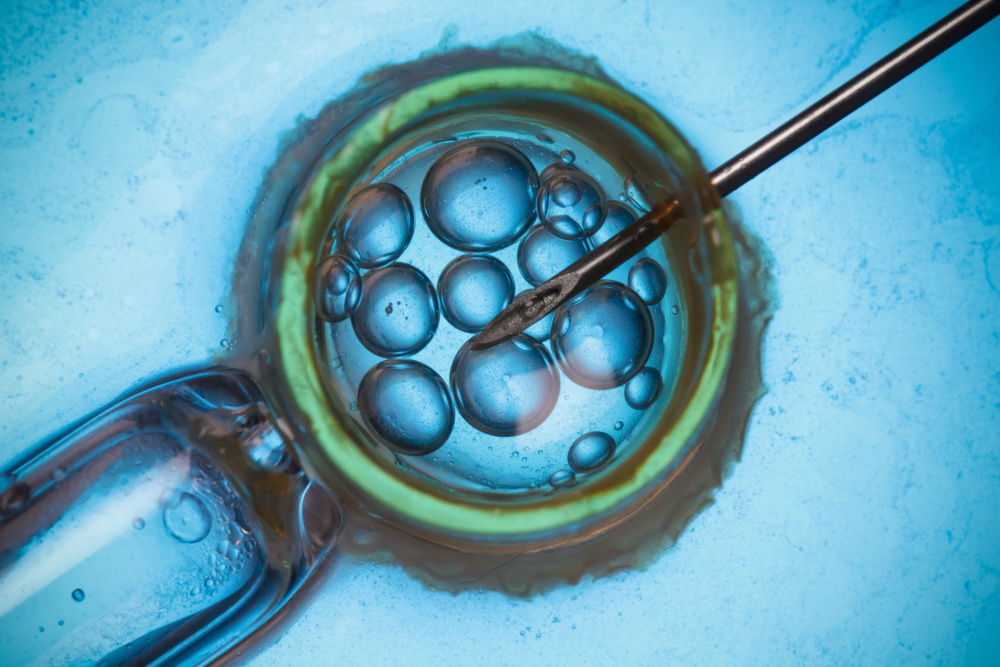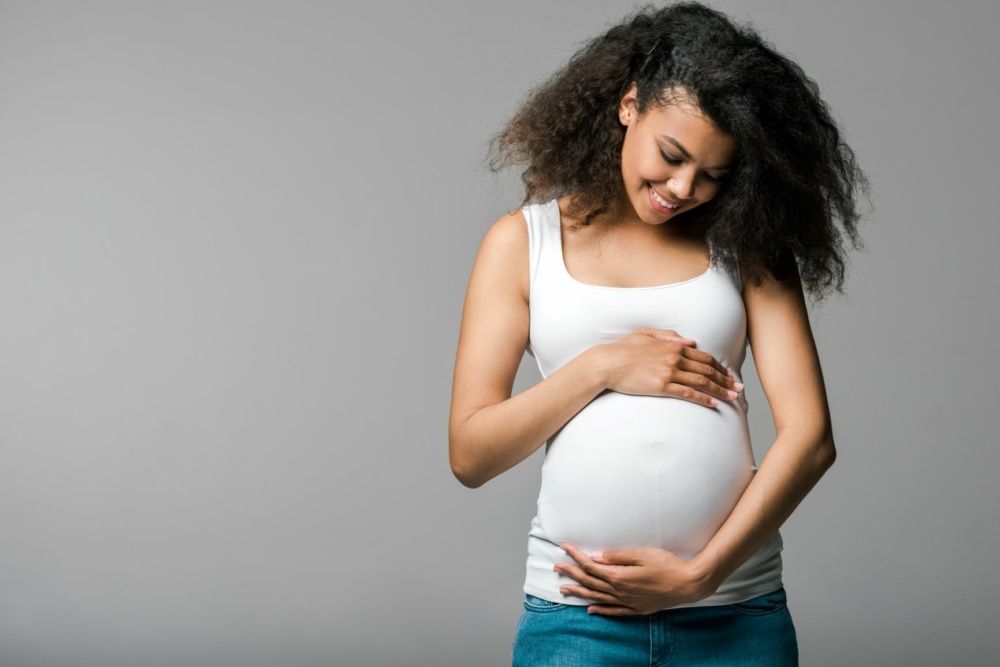By Francisco Arredondo, MD MPH, Founder RMA of Texas and SMART IVF
[dropcap size=small]W[/dropcap]omen are born with roughly one million (oocytes) eggs and will never
produce more. They will simply mature and ovulate the eggs they have in stock. By the time women have their first period they are left with only 400 thousand eggs in reserve. On average a woman ovulates 400 times in her entire life, meaning she loses an average of 1000 eggs per month. Unfortunately, a lot of women are incorrectly reassured by widespread opinions that the advances in technology can compensate for age related infertility. Furthermore, media’s deceitful reporting coupled with celebrities’ conceiving in their late 40s and 50s (certainly with donor eggs or previously stored embryos) have reinforced the false notion that fertility with your own eggs is always possible with our current technology. Moreover, for worthy social, economic, and professional reasons the proportion of women who delay childbearing has increased. These are great achievements of women’s rights, yet paradoxically they have taken a toll in their ability to fulfill their dreams of starting a family. The average age of the mother when she has her first born has significantly increased in the last fifteen years. In 2014 twenty-eight percent more women between 30-34 years of age had their first newborn compared to 2010. This number was twenty-three

percent higher in women 35 years and more (figure 1). This has had some reproductive consequences and unfulfilled desires. Several studies have pointed out the discrepancy between the desired number of children and the actual number of children achieved by couples. In summary, the investments that society and women have made in human capital have had an impact on their intended fertility. Women have had to face a very difficult and unfair choice: invest in developing their career or in building a family. That is, until now.
Since 2012, cryopreservation of oocytes (egg freezing) is no longer an experimental procedure. The rate of success for In vitro fertilization (IVF) is as good using freshly extracted eggs as it is for frozen eggs. While this is an astounding achievement, is also important to remember that the success rate is not 100%. Therefore, egg freezing should not be seen as an insurance policy, but rather as a great way to maximize the possibilities of becoming a parent when the time is right for the woman and/or the couple.
How is egg freezing done?
In simple terms, IVF and egg freezing are the same procedures with the only difference being that in egg freezing the scheduling of conception and pregnancy is postponed to when the woman and/or couple are ready. The method involves women taking fertility medications to enhance their oocyte (egg) production since naturally women produce only one egg per month. The eggs are then retrieved under sedation. In IVF the freshly obtained eggs go on a “date” with the sperm in a petri dish and typically 5 days later some of them become pre-embryos or blastocysts (see figure #3). At this point usually one of them is placed in the womb so pregnancy can develop. In the egg freezing method, the oocytes (eggs) are cryopreserved or “frozen” with a technique called vitrification without fertilizing them, and are kept in storage for a future date. Multiple research studies have found similar pregnancy rates in women less than 35 years of age when the egg is frozen. This rate is roughly 50 percent. The younger the woman is at egg freezing, the more successful the pregnancy rates will be. These technique can be performed in a 2-5 week span and currently the price is roughly around $10,000.00 USD (See figure 3 image of calendar). While several fertility and IVF centers offer these services, it is extremely important you choose one where the quality control and external monitoring of the program performance is continuously evaluated.
Who should consider freezing their eggs?
- Women who desire children and foresee delaying motherhood in order to pursue educational, professional or personal goals.
- Women who desire motherhood and given social circumstances are unable to do it immediately (i.e. lack of the right partner)
- Women diagnosed with cancer that may undergo chemotherapy or radiation
- Women with moral, ethical or religious reasons against freezing whole embryos
What is the best time to cryopreserve your eggs?
The two most common mistakes associated to the decision-making of when to freeze your eggs are related to timing: freezing too early and freezing too late. On the one hand, the consequences of freezing to early are wasting money and the inconvenience of the procedure. So the younger a woman freezes her eggs the less likely she will need them and use them in the future. On the other hand, the risk of freezing eggs too late is that she has a higher risk of never conceiving a child with her own genetic material. Determined through a mathematical model based on probabilities, the maximum cost effectiveness for women to put a snooze in their biological clock and freeze their eggs is between 31-37 years of age.
How many eggs should I freeze?
Is important to realize that not every egg frozen will give life to a newborn. The reproduction system is rather inefficient. The survival rate of warming frozen eggs is 85% at RMA of Texas.
A study at New York University Fertility Center by Dr. Nicole Noyes revealed that the number of eggs needed to have one live birth is age dependent:
- Women Age 25-34 years young: 8 eggs/live birth
- Women Age 35-37 years young: 10 eggs/live birth
- Women Age 38-40 years young 15 eggs/ live birth
- Women Age 41-41 years young 50 eggs/live birth
As a simplified rule, you will require anywhere between 8 to 10 eggs if you are younger than 37 years and about 15 eggs per baby if you are 38 to 40 years of age.
How long can eggs stay frozen?
If eggs behave just like embryos, and there is reason to believe they would, there is evidence that they can last at least 20 years, if not more.
Corollary:
Notwithstanding all the scientific advances of reproductive technology, there is indisputable evidence that the biological timer cannot be stopped and that the great majority of women in their forties who wish to have their own biological offspring will probably be disenchanted. Egg freezing can be a great alternative for women that are not ready or able to start a family. It maximizes their chances of having their own biological child in the future. It is important to understand that egg freezing is a way to amplify hope rather than a guaranteed baby in the future.
Call to action:
If you are 30 years or more and do not foresee to conceive a baby in the near future, consider egg freezing. (www.RMATX.com)

For more information on Dr. Arredondo and his practice please visit www.RMATX.com www.SMARTIVF.com.







Recent Comments